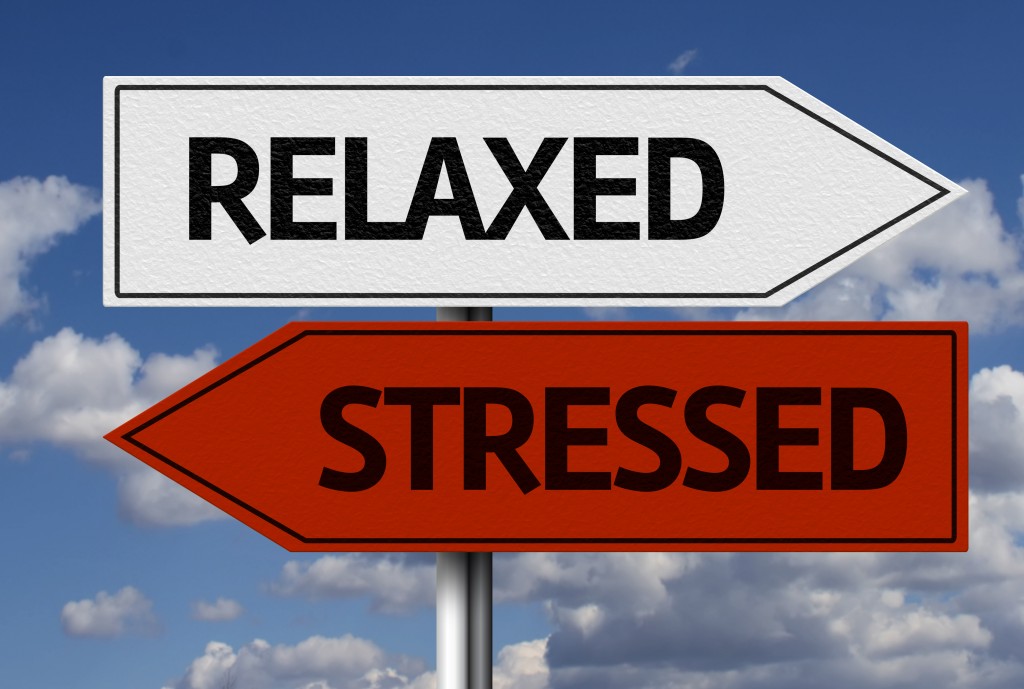It is normal to feel anxious in these trying and uncertain times. The COVID-19 pandemic on its course has brought many challenges, from lockdowns, travel restrictions, business disruptions, and job losses among many others. Of course, people fear for their safety and health, as well as the safety of their family.
These challenges combined with the need to isolate one’s self from others can be detrimental to the mental health of anybody. If you have been suffering from anxiety before and have needed to seek the intervention of a therapist, there is no need to stop the professional help that you deserve.
Therapists offer teletherapy services, where they can connect with you through online tools such as Zoom and Skype. Teletherapy allows people with behavioral and mental issues, as well as children who suffer from autism, to get the intervention that they need without leaving the safety of their homes.
There is no denying the benefits of staying at home when it comes to fighting the pandemic. But its negative effects on the health of people with mental and behavioral diseases cannot be denied as well.
The Rising Cases of Mental Health Challenges During the Pandemic
In a survey done in the US last June 2020, it was found that 40.9% of its respondents suffered from at least one of the following mental and behavioral problems:
- Anxiety Disorder
- Depression
- Trauma and Stressor Related Disorder (TSRD)
- Increased Substance Use
- Entertaining Thoughts of Suicide
The symptoms were prevalent in respondents from the age group of 18-24 years old. The percentage is more than thrice than the numbers reported in 2019. Among those who were shown to be at risk of mental health conditions are essential workers, unpaid caregivers for adults, and those who are already suffering from pre-existing mental conditions. The increase in the numbers shows how devastating the effects of COVID-19 are to the community.
Access to diagnoses, intervention, and treatment options must remain available despite movement restrictions. The use of online means, such as telehealth can help reduce the consequences of these mental health issues. Whether these issues are brought about by the isolation protocols, unemployment, financial and economic problems, domestic violence, or absence of social activities, intervention methods must be in place.
You Can Take Care of Your Mental Health

It is easier said than done, but yes, you can take care of your mental health during these difficult times. Your mental well-being can affect your overall health. If you have an existing condition, do not stop your treatment. If you think your symptoms are getting worse because of the situation, contact your doctor or therapist immediately. As with all mental and behavioral problems, early intervention is the key, so do not wait until the symptoms become even more severe. If your symptoms are affecting your daily activities, seek help right away.
Here are some ways to take care of your mental and behavioral well-being while staying at home.
1. Avoid the news.
While staying updated with current events is important, getting too much bad news can be bad for you. Taking in all this information can overwhelm and stress you. Take some time to disconnect. Avoid watching the news. Skip social media. Disconnect and do something that you truly enjoy. Strike a balance between being informed and having your peace of mind.
2. Take care of your physical health.
Taking care of your body is also good for your mental health. Set a time for some exercise. Meditate before you start your day. Eat healthy foods and hydrate. Having a healthy and active body is beneficial for your brain. You do not need to leave home to be active. Look for some home exercise videos that you can follow to start your routine for a fitter and healthier you.
3. Spend time with the people you love.
If you are living alone, you need now more than ever to connect with the people who matter to you. Take advantage of the technology present in your hands. Call your parents. Zoom with your siblings. Connecting with people that you love is comforting and soothing to the mind and soul. Talking with people who care about what you are going through can be cathartic. Who knows, they may also feel the same way and also need someone to talk to.
4. Relax and take a break.
If you have been working at home non-stop, remember to relax and take a break. Depending on the local restrictions in your area, you can take a quick walk outside to get some fresh air. Just make sure to practice safety and health protocols when you step out of your home.
COVID-related mental health problems are real and must be taken seriously. Be sure to seek help when you feel severe anxiety because of the pandemic. Mental health issues should not be dealt with on your own.

